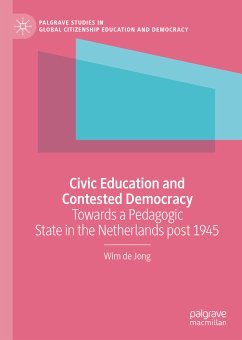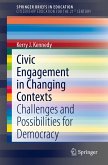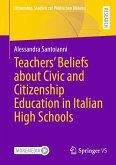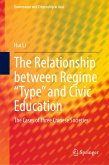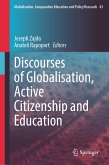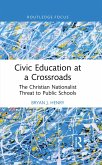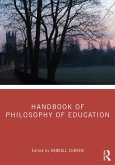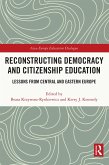This book explores citizenship education and democracy in the Netherlands. From the Second World War to the present day, debates about civic education and democracy have raged in the country: this book demonstrates how citizens, social movements and political elites have articulated their own notions of democracy. Civic education illustrates democracy as an essentially contested concept - the transmission of political ideals highlights conflicting democratic values and a problem of paternalism. Ultimately, who dictates what democracy is, and to whom? As expectations of citizens rise, they are viewed more and more as objects of a pedagogical project, itself a controversial notion. Focusing on what democracy means practically in society, this book will be of interest to scholars of citizenship education and post-war Dutch political history.
Wim de Jong is Postdoctoral Researcher at the Open University of Heerlen, the Netherlands. His research interests include the history of voting, social scientific experts, and urban social engineering, and he has published widely on these topics.
Dieser Download kann aus rechtlichen Gründen nur mit Rechnungsadresse in A, B, BG, CY, CZ, D, DK, EW, E, FIN, F, GR, HR, H, IRL, I, LT, L, LR, M, NL, PL, P, R, S, SLO, SK ausgeliefert werden.

